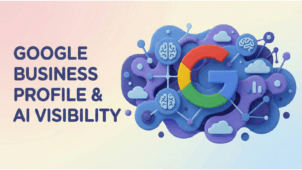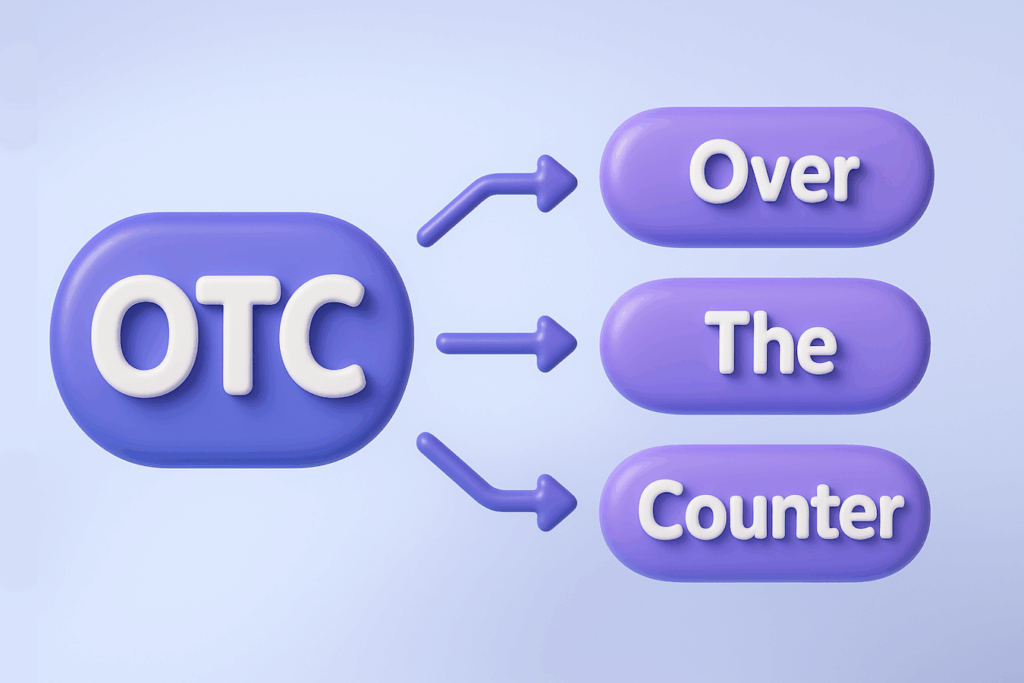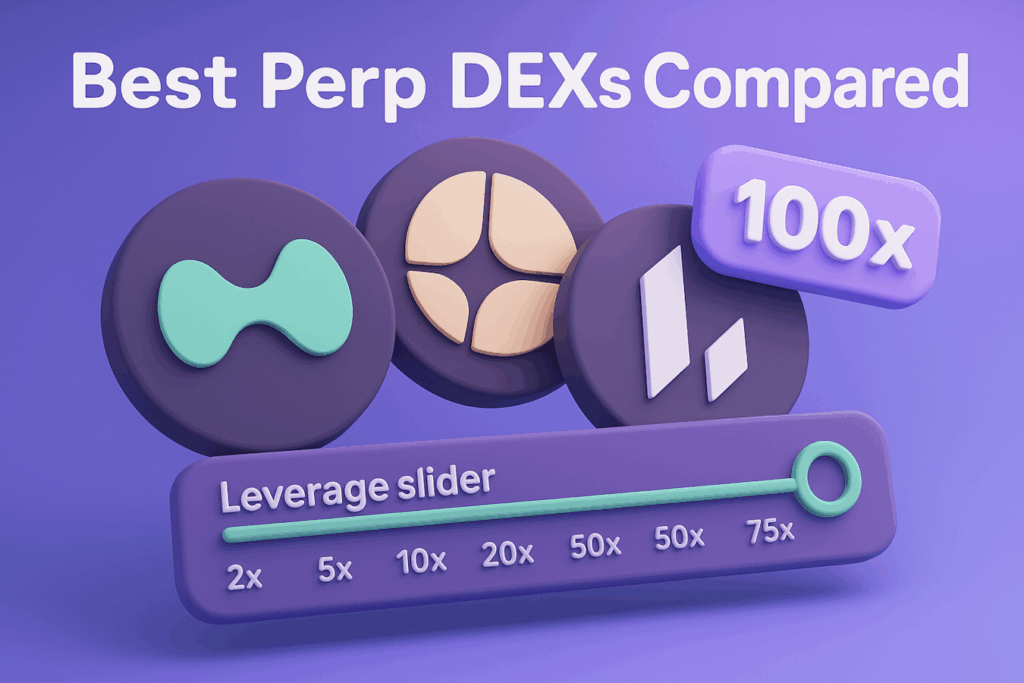share
In recent years we’ve seen a massive spike in interest concerning NFTs. Surprisingly enough, though, we’ve begun to notice how perfect NFTs and cryptocurrencies, in general, are for games. Both of these digital assets carry the spirit of many in-game assets seen in various games.
This is backed up by the recent growth of the blockchain gaming industry and ecosystem as a whole. The whole infrastructure of blockchain games is purely a win-win situation. The players get to feel like they’re accomplishing something by playing a game, and their unique in-game assets are completely their own, and the game developers cultivate a rich platform on the basis of which other people can innovate.
What Is Blockchain Gaming & Why Crypto Games Came To Be
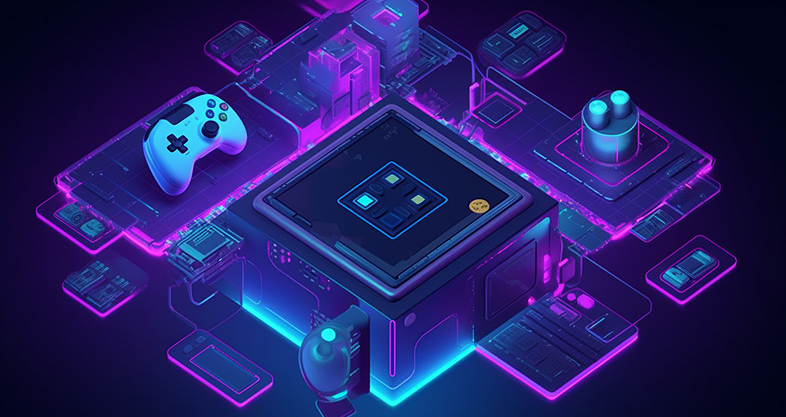
The history of crypto games is pretty short, but it doesn’t mean it’s not nuanced. There are several factors why this sector of the gaming industry was conceived of, and all of them make total sense if you examine it with NFTs in mind. NFTs and games are honestly a perfect match; the inherited qualities of uniqueness and individuality that NFTs possess make them perfect for gaming. Imagine how easy it is to reward players for playing the game when the reward is entirely unique every time. This small factor boosts the survivability of any game tremendously.
Now let’s look at this technological collaboration from the point of view of the gaming industry. Digital assets are still tremendously popular, and the idea of winning these valuable tokens by playing a game is inherently mesmerizing to most people around the world. This makes it so that crypto and blockchain games are the best way for game developers to reel in different audiences.
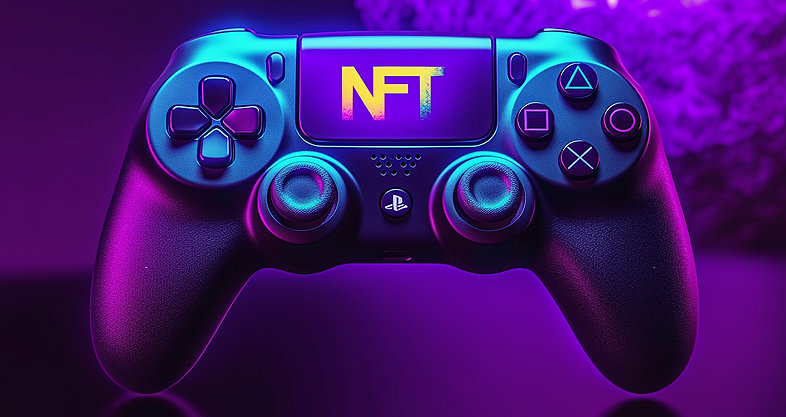
Moreover, blockchain gaming provides the crypto industry something that they would greatly benefit from. Easy entry. The big problem with cryptocurrency is that if you’re just a beginner in the field and want to get your hands on some useful tokens, you’re going to have to take quite a risk to do so. This is where blockchain gaming comes in! When you think about it, there’s no difference between a regular game and a blockchain game. One just awards you with real-life money as you play!
Furthermore, a lot of the time in the cryptocurrency industry, you are going to face loss, and it’s admittedly pretty hard to come back from one. Both financially and mentally, people struggle to come back into the scene when they lose a good amount of their resources on a bet. This issue is completely circumvented by blockchain games.
One fact about games is that they’re addicting and really easy to come back to. Even though you might feel like a part of the game is ridiculous, or you feel like it’s too hard for you, a lot of the time, the mechanics of a game and how it plays are enough to reel you back in. If you really think about it, game developers have constructed one of the best ways to make sure that players return each and every time.
How Blockchain Games Work
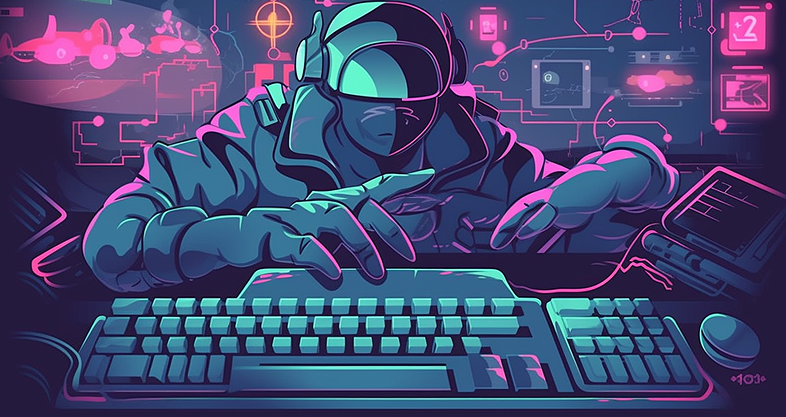
As we’ve established previously, blockchain games are very similar to normal games. What sets them apart, though, is the use of decentralized networking inherent to the blockchain system and all the other benefits of blockchain.
In more traditional games, all the game assets are completely controlled by the developers or publishers of the said game, while in decentralized, blockchain games, assets are stored on an independent server and are often given value.
Most blockchain games take the form of play-to-earn games and adopt the said model. In these games, rewards carry monetary value. In-game assets like weapons, land and etc., can all be exchanged for cryptocurrency, which intuitively translates into real-life money. Moreover, a lot of the in-game blockchain game transactions are made with digital currencies.
The way these games generate profit can be unclear to the bypasser, but they’re not that difficult to understand once you research the subject. A very prominent part of constructing traditional games is finding a non-intrusive way to make them both profitable for the player and the developer. Developers understand that making a game is ultimately a business investment, and they tread a tightrope when crafting a way to monetize the experience that both cover their expenses and doesn’t seem shallow to the players.
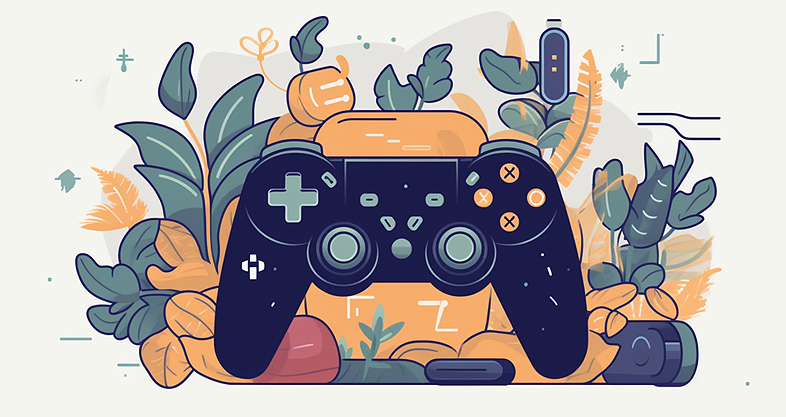
The blockchain gaming model, on the other hand, makes the whole process way clearer as it establishes a forward connection between the input of the player and the output of the game. The more time and money a player invests in such a game, the more said game is going to provide for them. This basically forms a tight development cycle where players are enticed to spend their resources on the game, and in turn, developers are more likely to continue adding further content to the game and making it a richer gaming experience.
This goes double for NFT games as developers can spend time creating game mechanics and content that later can be translated into NFTs. Said NFTs raise in value the bigger the player base gets. A win-win situation once again.
Breakthroughs and Innovation Carried in Blockchain Gaming
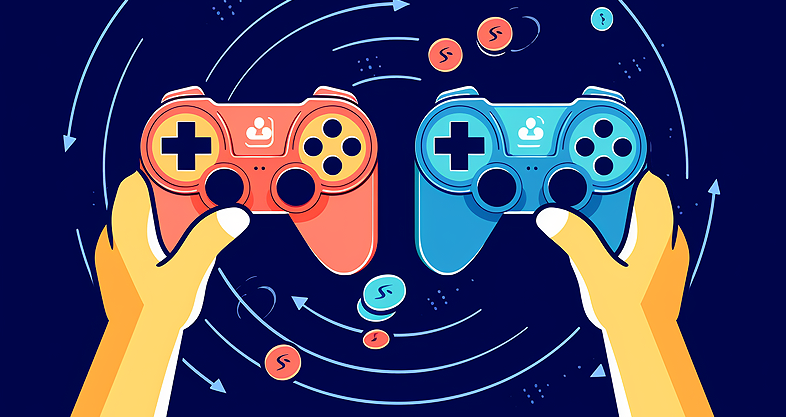
The recent rise in popularity of blockchain games is in no way a coincidence. Now more than ever, blockchain game developers are honing in on providing their players with a rich and exciting experience rather than just presenting a superficial front for barebones play-to-earn mechanics. Recent blockchain games show that it is far more reliable to market and make a game that uses P2E mechanics as an addition to gameplay rather than the main focus.
This simple focus caused a tremendous jump in popularity as, all of a sudden, people from outside the crypto community became interested in these types of games. In turn, the introduction of digital assets to what has recently become a very stale P2E gaming model made the whole genre a much fresher and desired experience.
Strategies and mechanics that have been rigorously tested and fine-tuned are now being introduced with a new cryptocurrency twist. The gaming experience is made richer and more enthralling with rewards and goals that provide monetary value to the average player that boost their desire to accomplish new things.
The Strengths and Weaknesses of Blockchain Games
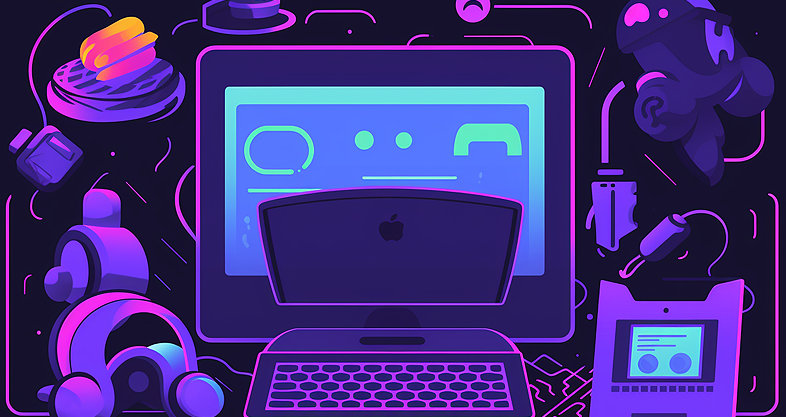
Among the many advantages of blockchain gaming we’ve talked about above, there is one perspective strength that we have yet to cover – inter-game interoperability. This is the idea that soon digital assets earned in blockchain games can be made transferrable between gaming titles. For example, a piece of weaponry or a plot of land that you govern in one game as a digital asset could be directly transferred to another game and be utilized in that game’s experience.
This idea is yet to be fully released, but it’s not so far-fetched. If you take two games made on the same engine that share a genre, the idea of transferring in-game assets from one game to another is feasible, and developers have their own incentives to implement these features.
Another strength of blockchain gaming is the transparency inherent to all blockchain projects. Whenever a developer announces a new addition to their game, a player can check the validity of the statement by simply browsing in a blockchain explorer. The data on most blockchain games is readily available due to the decentralized nature that the genre is known for.
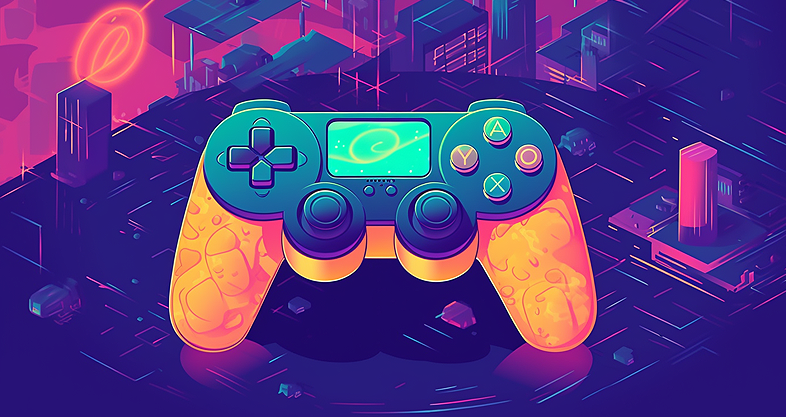
On the other hand, the two main struggles a blockchain game is inherently subjected to are user unfamiliarity and strict regulations. Due to most players’ lack of experience in the field of crypto, a big part of the market can’t completely grasp how to properly get into blockchain gaming. This puts a lot of strain on developers that now, besides making the game itself, have to put educational material in their databases or find ways to circumvent this issue entirely and make the process of setting up things like crypto wallets easier for newcomers.
Additionally, regulatory concerns put a lot of limitations on the utilization of crypto and NFTs in the blockchain gaming industry. Since the way a specific cryptocurrency or NFT works, developers need to check for themselves if a specific digital asset that would be perfect for their game can work under most countries’ regulations. Moreover, a lot of countries worldwide still haven’t completely embraced digital assets, and some even forbid them entirely, making the whole development and marketing process of a game difficult as a result.
ICODA and Blockchain Game Development
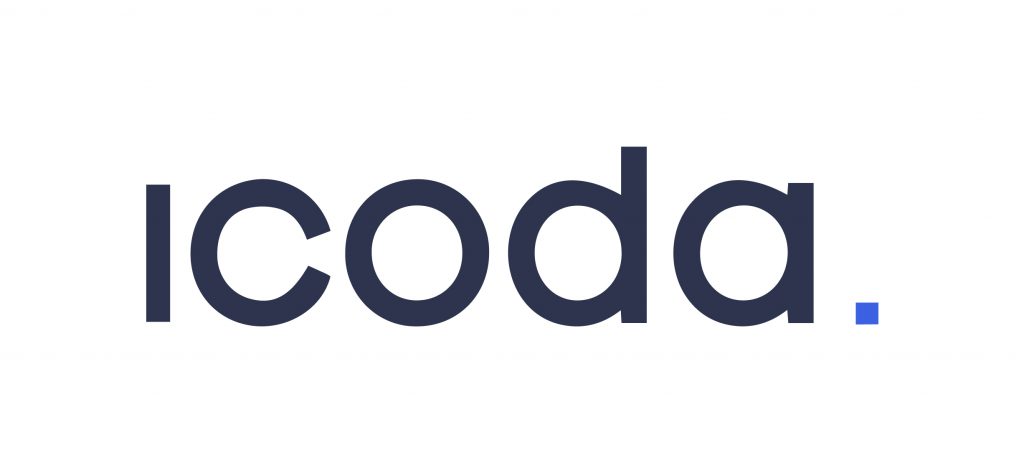
ICODA’s interests lie in innovation and progress; therefore, we keep a close eye on newcomers to our fields of interest. This has provided us with a unique opportunity to launch our own GameFi services.
ICODA specializes in the implementation of digital assets and blockchain technologies in business models outside those spheres. With years of experience in this field and a team of wonderfully brilliant developers and marketers behind our backs, we are more prepared than ever to help you out!
Our services mainly lie in marketing the game to the target audience and post-launch campaigning. We can help you plan airdrops, partner with influencers, find suitable listings, and more. Moreover, we are experts in the creation of NFT P2E games based entirely on blockchain.
ICODA’s Experience
Our company has been a major player in the fields of cryptocurrency, NFT, and blockchain solutions for the past years, and we are readily filled to tackle any challenge your business might face. Even solutions that we’ve developed outside of blockchain gaming can be easily utilized to help your business thrive in the competitive world of blockchain games.
Blockchain Gaming’s Future
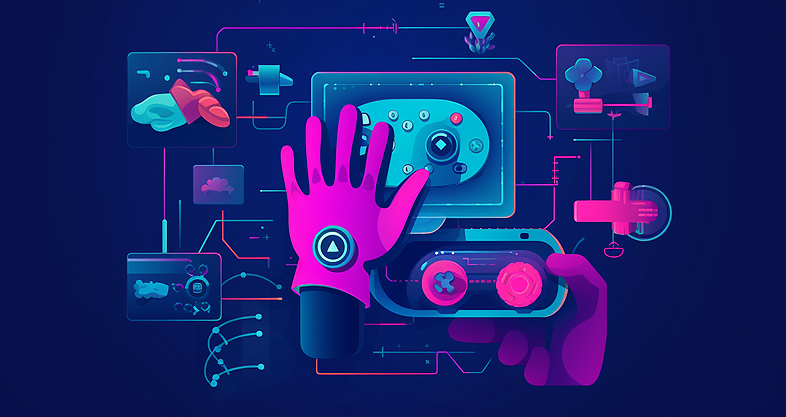
While the field of blockchain gaming is still small and relatively new, it has shown great prospective growth over the past year that has gotten everyone excited. More recently, major triple-A gaming studios have been taking notice of blockchain gaming and are expected to build games on the decentralized network. Others have publicly expressed interest in the addition of digital assets to their long-going gaming titles. The last year alone saw a huge pour-in of money into this corner which realistically could easily turn over into massive success and major developments in that particular ecosystem.
Although these advancements are taking place, a large majority of gamers are not happy. Recent announcements of major game development studios dabbling in the blockchain technology sector have raised quite an uproar which might mean that we’ll have to wait until this field fully blossoms.
Bottom Line
Simply put, blockchain games are your traditional games but built on blockchain, and take advantage of digital assets to enhance the gaming experience. The most likely form a blockchain game can take is a play-to-earn model where players get rewarded with real monetary value for just playing the game. This field has been pretty popular as of late, and seeing it take full advantage of the blockchain network is a sign of good things to come.
Blockchain technology carries great benefits for both gamers and game developers. It creates a tight-knit loop of gifts, monetary gain, and new content. The more people play, the more content is added. Moreover, the decentralized mechanics of these games can lead to innovative gaming experiences never conceived of before.
At the end of it all, ICODA is always here to help newcomers and veterans in the field alike. Drop us a line to learn more about our services!


